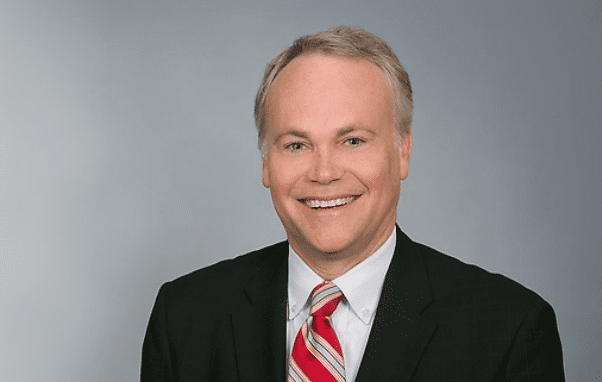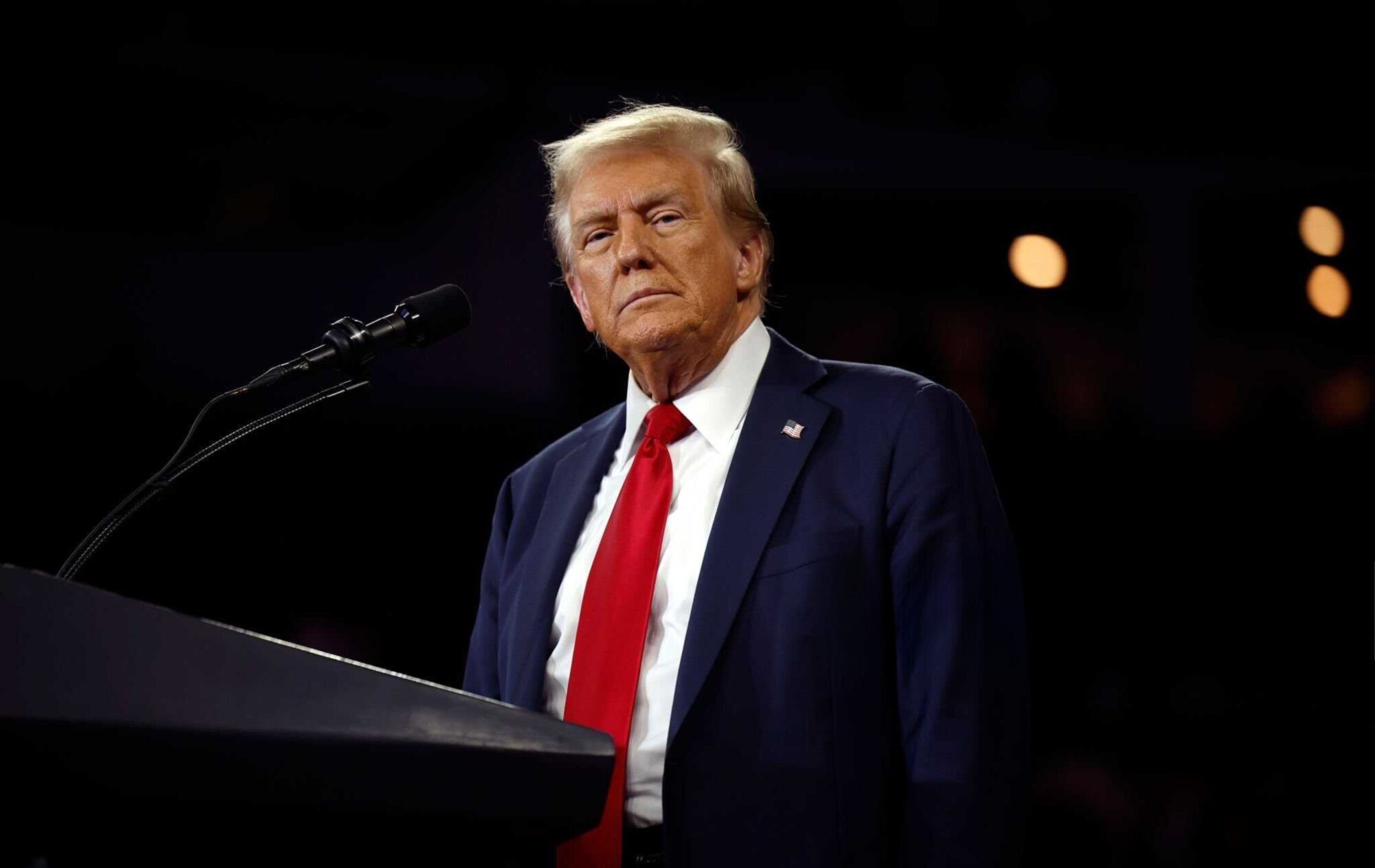
A final look at the campaigns for governor, what to expect tonight, and potential flies in the ointment.
If I had a crystal ball, I could make a lot of money. Alas, I do not.
I have been asked a lot over the last week who will win the hotly contested race for governor between incumbent Republican Tate Reeves and his Democratic challenger, Brandon Presley. I’ve channeled my inner-Mike Leach. “The person with the most votes.”
Setting aside the pithiness, here is my final read of the gubernatorial campaigns and what I expect to unfold in today’s election.
Reeves’ Steady Hand
Reeves path in this race was always to remind voters that he is the steady hand. He’s been in policy making leadership for twelve years. Presley, by contrast, has no experience in a policy making role. He has also never managed something as complex as an entire state government.
Confronted with an endless array of manmade and natural disasters over the last four years, Reeves proved competent in responding to challenges like the COVID pandemic and the Jackson water crisis.
On the affirmative side of the ledger, he successfully pushed the largest tax cut in Mississippi history and the largest teacher pay raise in state history. Under his watch, Mississippi has experienced the lowest unemployment rate (3%) on record and seen over $6.7 billion in new investments in the economy. During Reeves’ tenure as lt. governor and now governor, Mississippi’s test scores in reading and math skyrocketed. The state’s graduation rate eclipsed the national average.
Under normal circumstances, these are things that get an incumbent governor re-elected. One of the things that gets an incumbent unseated, though, is scandal.
Presley’s campaign and his media allies have predictably made a hard push to link Reeves to the TANF welfare scandal first exposed prior to Reeves running for governor. There is no tangible evidence that Reeves was involved in the rogue decisions that occurred at the Department of Human Services, nor that he was aware of those decisions in real time.
DHS compliance with TANF regulations does not fall under the purview of Lt. Governor, the role Reeves had at the time the scandal was revealed. Reeves has not been investigated, named in civil litigation, or charged with any crime. Still, the court of public opinion operates differently than a court of law. Evidence, in politics, is often not required.
Reeves has swung back on Presley, accusing the current North District Public Service Commissioner of illegally taking tens of thousands of dollars in campaign contributions from companies which Reeves says are regulated utilities. Mississippi law makes it a crime to do so, though questions have been raised about whether the solar companies donating to Presley are actually regulated utilities under the law.
We will find out today if the haymakers the candidates have thrown landed with voters.
Reeves has two very large things operating in his favor. He has an R next to his name in a state dominated by Republicans for the last two decades and he has the endorsement of one Donald J. Trump. Trump is polarizing, to be sure. Even in Republican circles. But his support should rally “the base” to turn out in places Reeves needs to run up the score. It is an enthusiasm booster.
Presley Shook It Up
Early in this race, I argued that the path for Presley was narrow, or more fittingly, a tightrope act. He needed to energize the African American base of Democratic Party in Mississippi to turn out near Barack Obama-levels, while simultaneously convincing a block of Republican voters that he is conservative enough to cross over and a block of national Democratic donors that he is not too conservative. Satisfying one essential constituency might mean losing another.
I still think that telling of the challenge is accurate. To Presley’s credit and the credit of his team, he’s not yet fallen off the rope. The Presley campaign has been disciplined with their message. They have shown real strength blocking and tackling on campaign basics and Presley has proven to be a tireless worker.
Presley’s camp has also narrowly focused on a handful of populist policies that have broad appeal on their face. Arguments against Medicaid expansion, removing the sales tax on groceries, or implementing a new state car tag credit all take time and require deep thought. That does not translate well to a 30-second commercial or a pithy tweet.
And boy, has Presley raised some money. He’s more than doubled the fundraising effort of Jim Hood just four years ago. Dollars have poured in from across the country, with roughly 3/4ths of Presley’s money coming from out of state.
Like him. Don’t like him. As a matter of pure political acumen, he is the best candidate the Democratic Party has put up in decades. Along the way, Presley benefitted from persistently positive media coverage about his campaign and persistently negative coverage on Governor Tate Reeves.
Crystal Ball Time
Magnolia Tribune commissioned the last legitimate public poll done in the race in early October. That poll, conducted by Mason-Dixon Polling & Strategies, put Reeves up by 8 points. A poll conducted a month prior by Siena College for Mississippi Today had Reeves up by 11 points. Both the Mason-Dixon and Siena College poll had Reeves over the 50 percent mark.
The only poll released since is a poll commissioned by the Democratic Governor’s Association that showed Reeves leading by only one point. These sorts of internal polls are often strategically released as propaganda to drive or depress turn out, or to encourage donations.
That said, it is almost certain that Reeves’ lead has closed in the last month. Voters have been inundated with well-made ads from the Presley campaign and the candidate has criss-crossed the state.
There is a tendency in hard fought political races to surrender conventional wisdom near the end of the race, to start doubting what seems obvious. But conventional wisdom is conventional for a reason. Conventional wisdom would have Reeves winning this race, perhaps by 4 or 5 points. He is an incumbent. He is a Republican in a Republican dominated state. He has been up in every poll released, in some cases by double digits.
But as in football, nothing is certain until the clock runs out. That’s what makes election season exciting, if not a bit tiresome.
Fly(s) in the Ointment
Saying turn out is key to winning political contests is a bit like, channeling Leach again, saying the team that scores the most points wins the game. But there are significant turnout questions on both sides of the race.
Are Republicans enthusiastic about going to vote for Reeves or will some stay home? If they are not, that could spell trouble for the incumbent.
Can Presley draw above average African American voter turn out? If he cannot, he likely cannot win the race.
With few competitive down ballot races and far more uncontested local elections, turnout has been a concern for both camps. If absentee ballots are any indicator, that concern might not be warranted.
In 2019, 53,517 absentee ballots were accepted statewide. The ballots comprised 6 percent of the total vote. This year, 56,396 absentee ballots were accepted, a 5 percent increase. If the absentee ballots were to represent 6 percent of the total vote, turnout would be nearly 940,000 this cycle. That would be stout.
But a word of caution on reading too much into absentee requests, COVID disrupted voting patterns. It is harder to extrapolate from absentees post-pandemic.
One final word on flies in ointment. Well, two actually: Gwendolyn Gray. Gray is the third-party candidate who dropped out of the race for governor earlier this month. However, because the ballots had already been printed, her name still appears. She could force a runoff if she receives enough “protest” votes.
In 2019, there were two third-party candidates on the ballot for governor. Combined they received 1.3 percent of the vote.
Often, voters say they are considering a third-party candidate, but when they get in the booth, decide that they need to vote for one of the two people who will eventually win the race. My suspicion is that the same will unfold today. But even a 1.3 percent portion of the vote can make an impact in a razor thin race.











